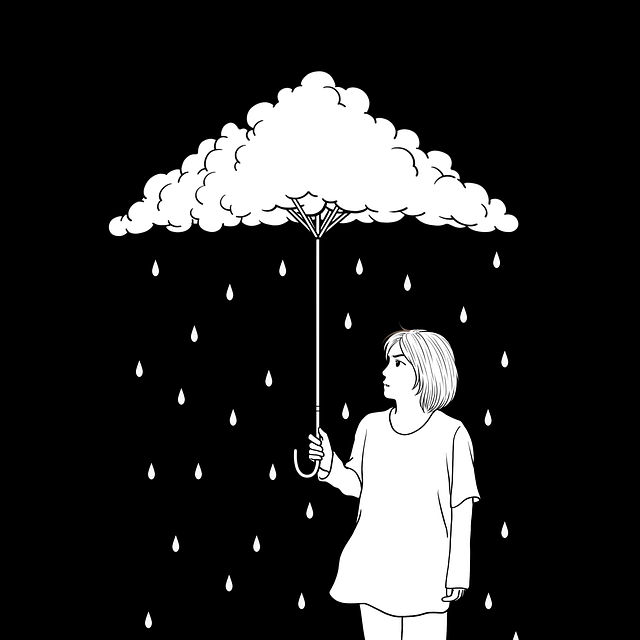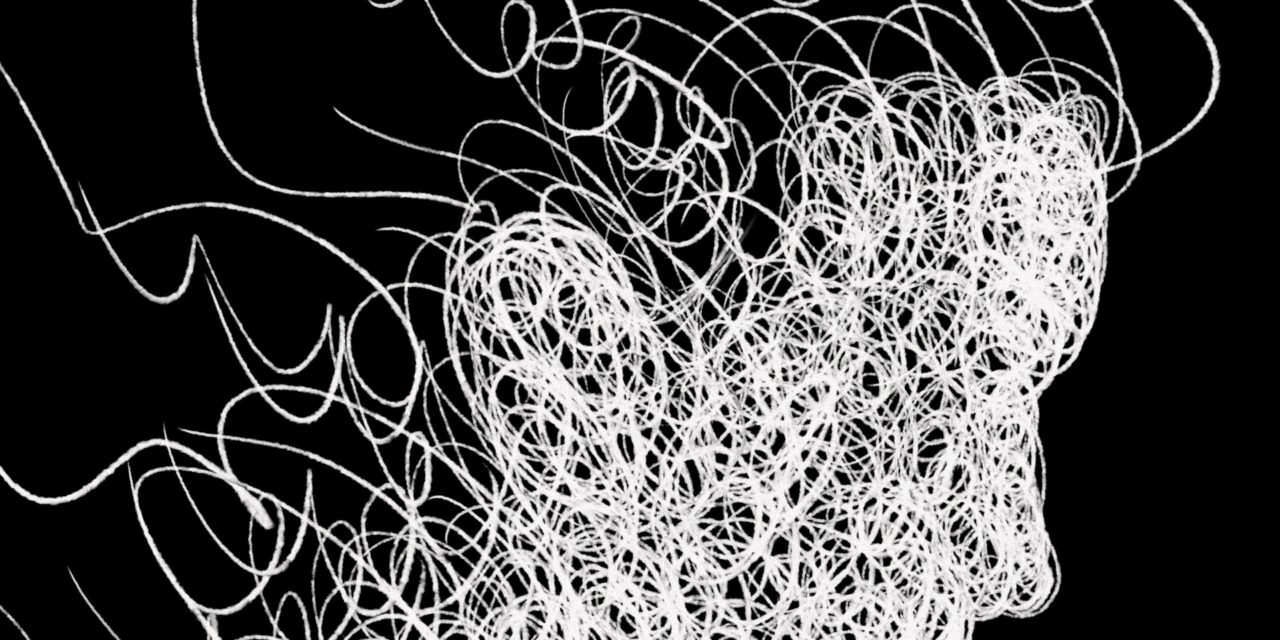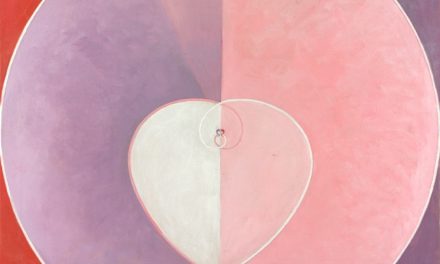When I was young, I was active in a faith-based youth group and had a very close group of friends. When I was finishing college several of my friends found a religious practice that seemed grounded in righteousness – and most importantly to me seemed to discourage me from trusting my own ability to discern what God required of me. When I chose to follow my own path, I suddenly felt I wasn’t a full member of our group anymore. It seemed to me they weren’t interested in what I discerned and believed. It seemed as though when I chose a divergent faith practice, I’d become irrelevant to my best friends. The connection we’d had evaporated.
These friends taught me how to be resilient in the face of challenge and courageous about meeting change head-on, both because we shared our faith journey for several years and because we diverged.
How many different versions of Christianity do you suppose there are? How many versions are there of Judaism? Or Islam? Or Hinduism? Or Buddhism? And how many of us are tempted to believe that our beliefs are the only ones that are a true reflection of God’s intent for humankind?

When we isolate ourselves in our righteousness, we are no longer available to engage spiritually, lovingly, respectfully, and humbly with our brothers and sisters and we aren’t available to learn from how God is revealed in and through all those different people. We’ve isolated ourselves in the illusion of righteousness. While we may feel comfort from believing we are RIGHT, we disconnect from the community of divine love that transcends all boundaries, differences, and ideologies.
We could say the same about the world of political ideologies. The polarization of the US political world today is based on a different but similar self-righteousness. Presumably we are all somewhere in between ultra-conservative and ultra-liberal. Few reside at the extreme margins. In fact, many of us may be conservative in one policy arena and more progressive in another. Lazy politicians campaign by negativity. It’s easier to call an opponent radical than it is to speak to voters as if they are intelligent and present the merits of the policies they advocate. If you learn about the issues and research voting records you will find that it is much more complex than most politicians would have you believe. Lazy political righteousness casts the opponent as evil, to make it easy to control you as a voter. Politicians would like to make you a reliable Democrat or Republican. Anyone who becomes too reliable risks becoming just as lazy as the politicians. Even Hitler acted as if God was on his side – there was no room for discussion.

I believe voting is the most patriotic thing any American can do. It is the one thing that every citizen over 18 (who is not incarcerated) can do to protect and preserve our democracy. For democracy to work we need to make our representatives work. We need to require that they convince us on the issues every time.
I suggest that any time a politician casts the other side as evil they are trying to isolate you in the illusion of righteousness solely for the purpose of controlling your vote. They are not helping you as a voter to consider the merits of the competing policy choices facing the nation. It’s another invitation to surrender your power to the illusion of righteousness and let others define and control you.
There are many opportunities in life to surrender your power – whether it by folding to peer pressure, religious righteousness or political righteousness. Thinking for yourself, learning to value diverse perspectives and engaging creatively in your community and your world is one way to hold and exercise your personal power.







